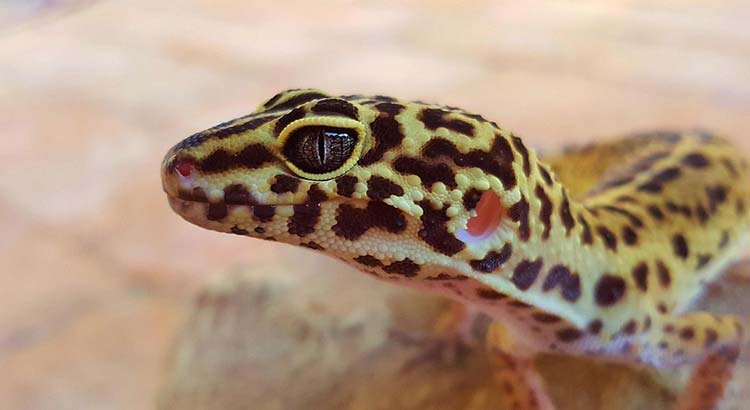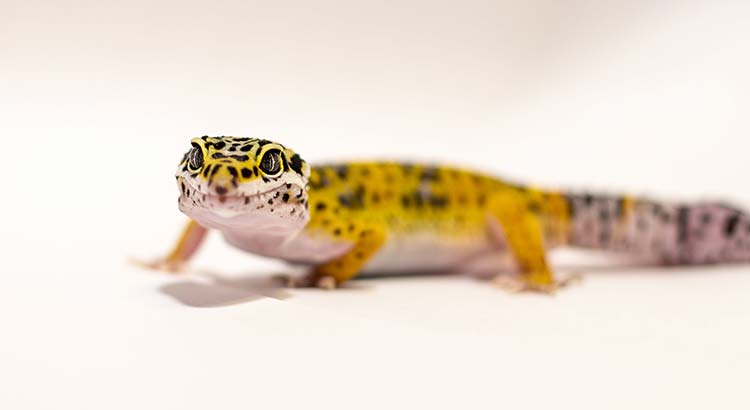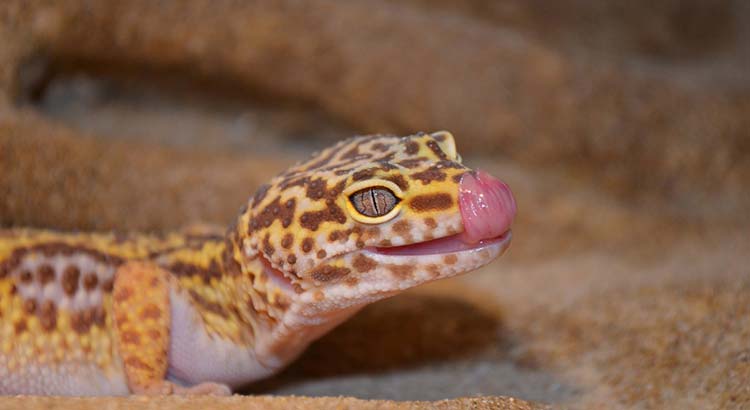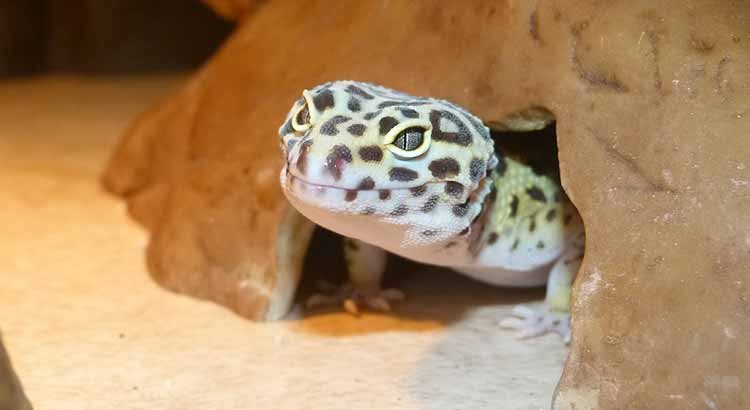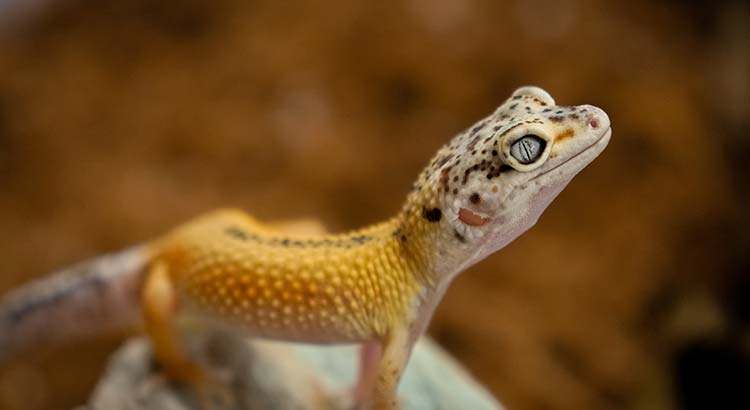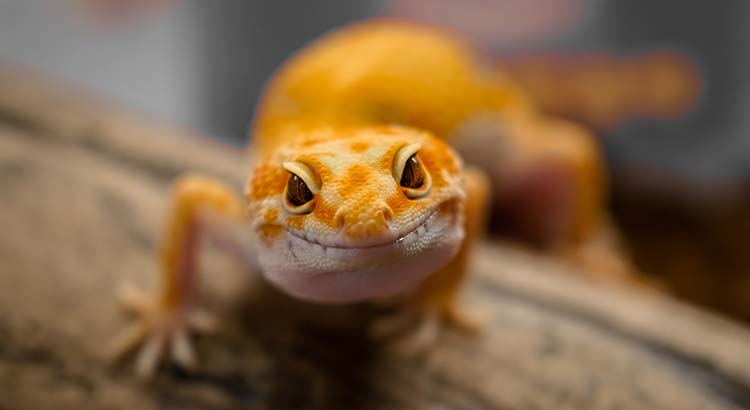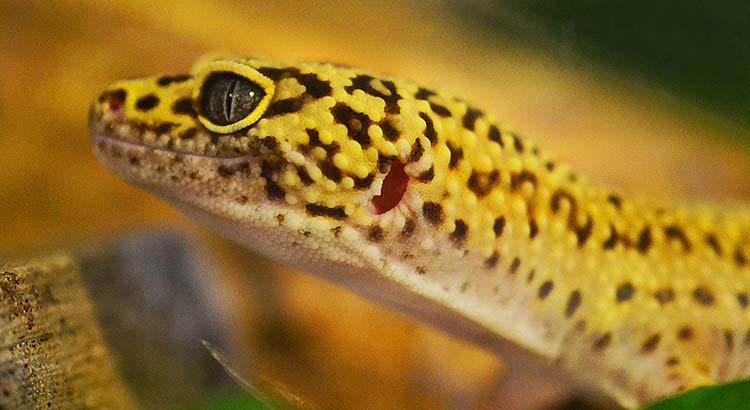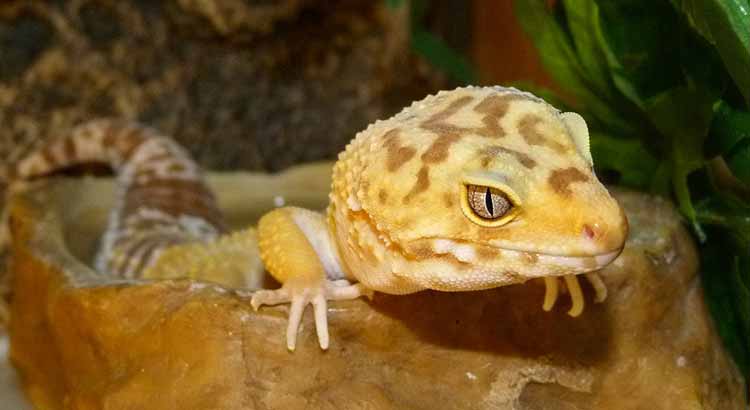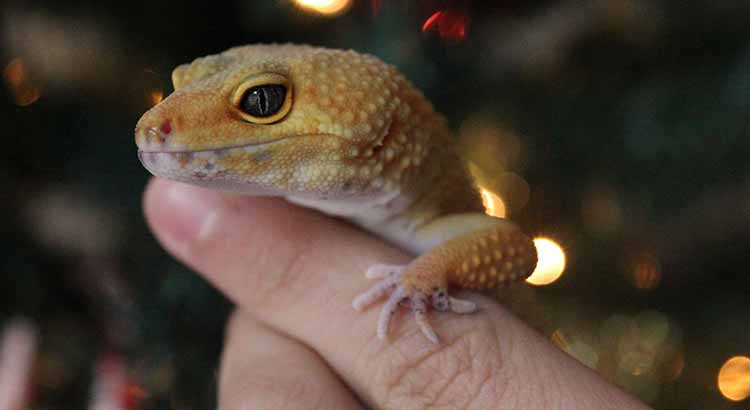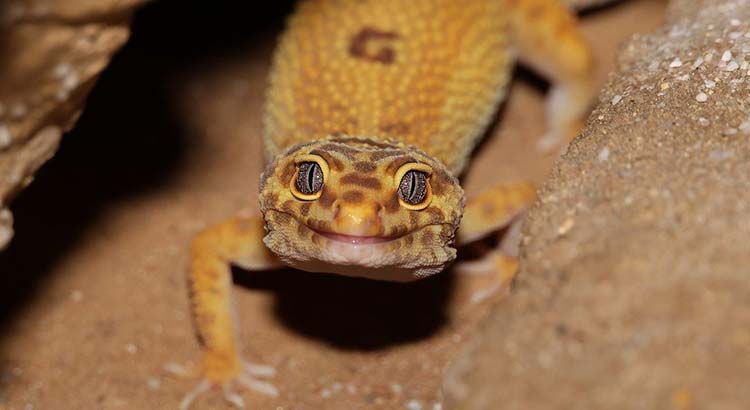The 7 Best Worms to Feed a Leopard Gecko
Are your leopard gecko’s mealtimes feeling a bit dull lately? Spice up their diet with some juicy worms! Let’s explore the top choices to keep your scaly friend happy and healthy. When it comes to feeding your leopard gecko, variety is key. Opt for nutrient-rich worms like mealworms, superworms, and waxworms. These options offer essential … Read more

